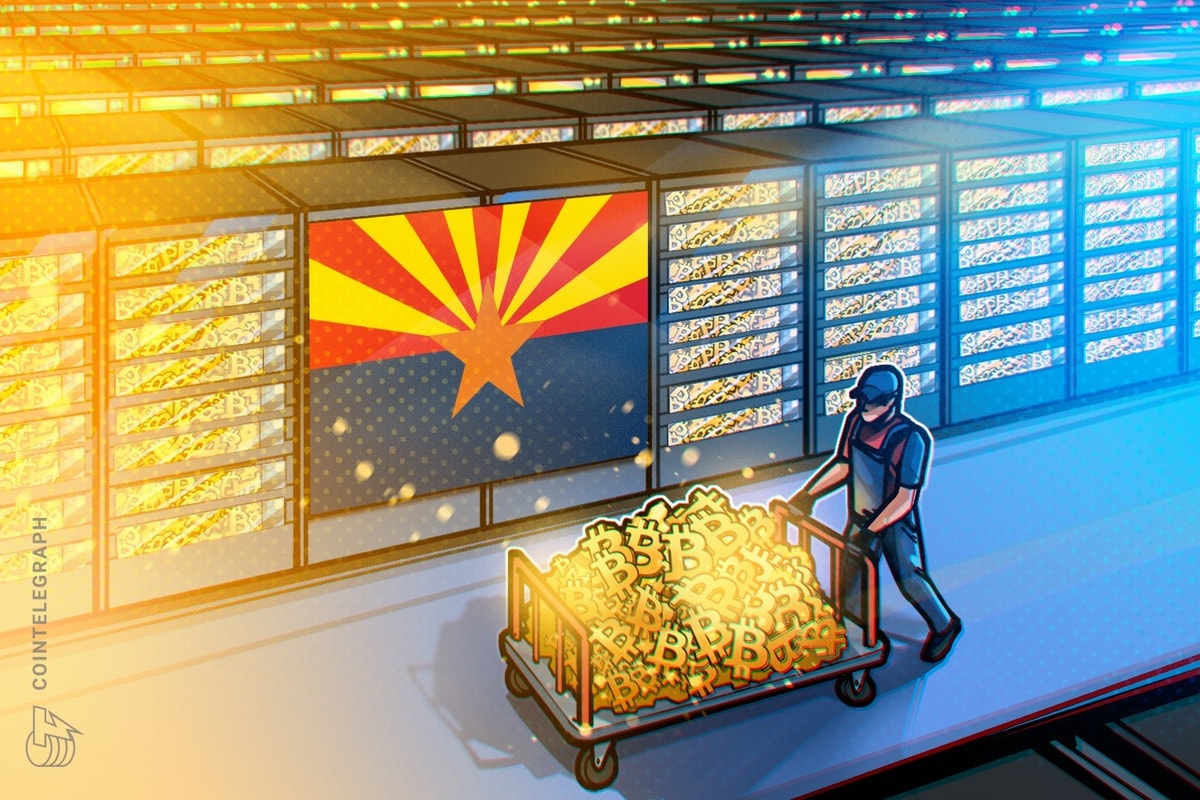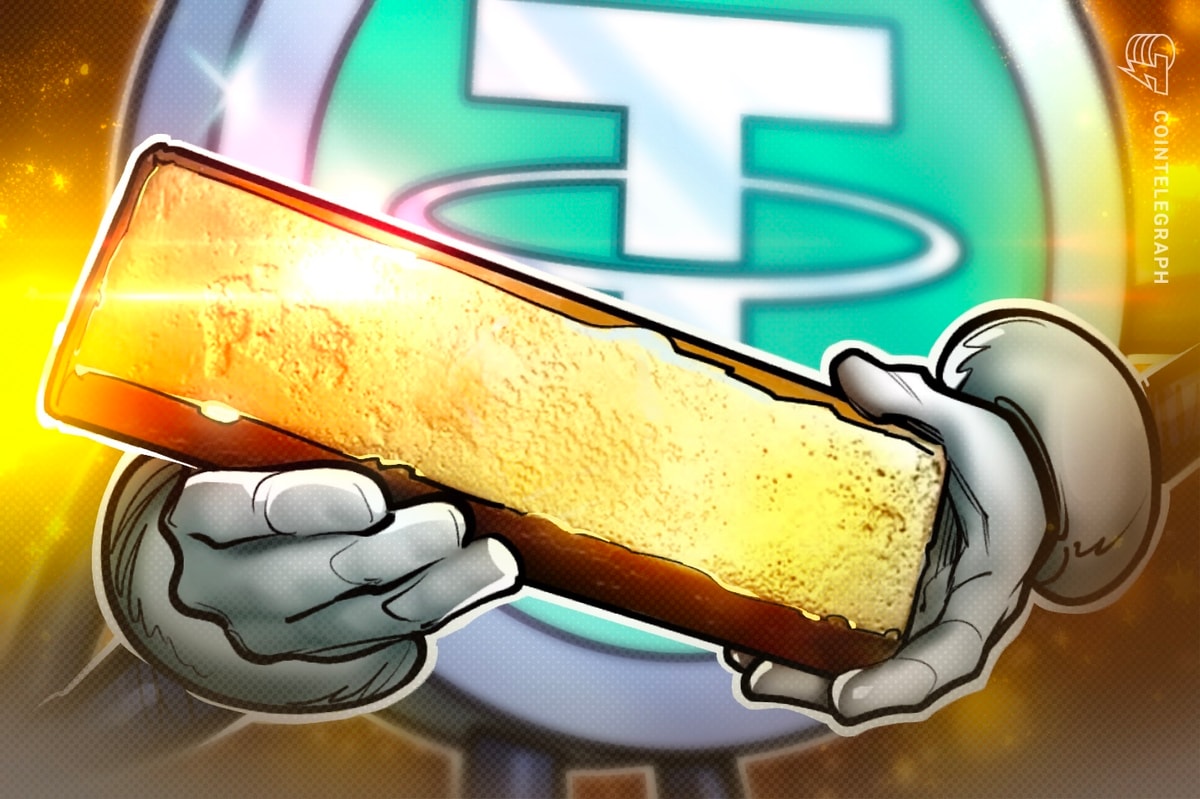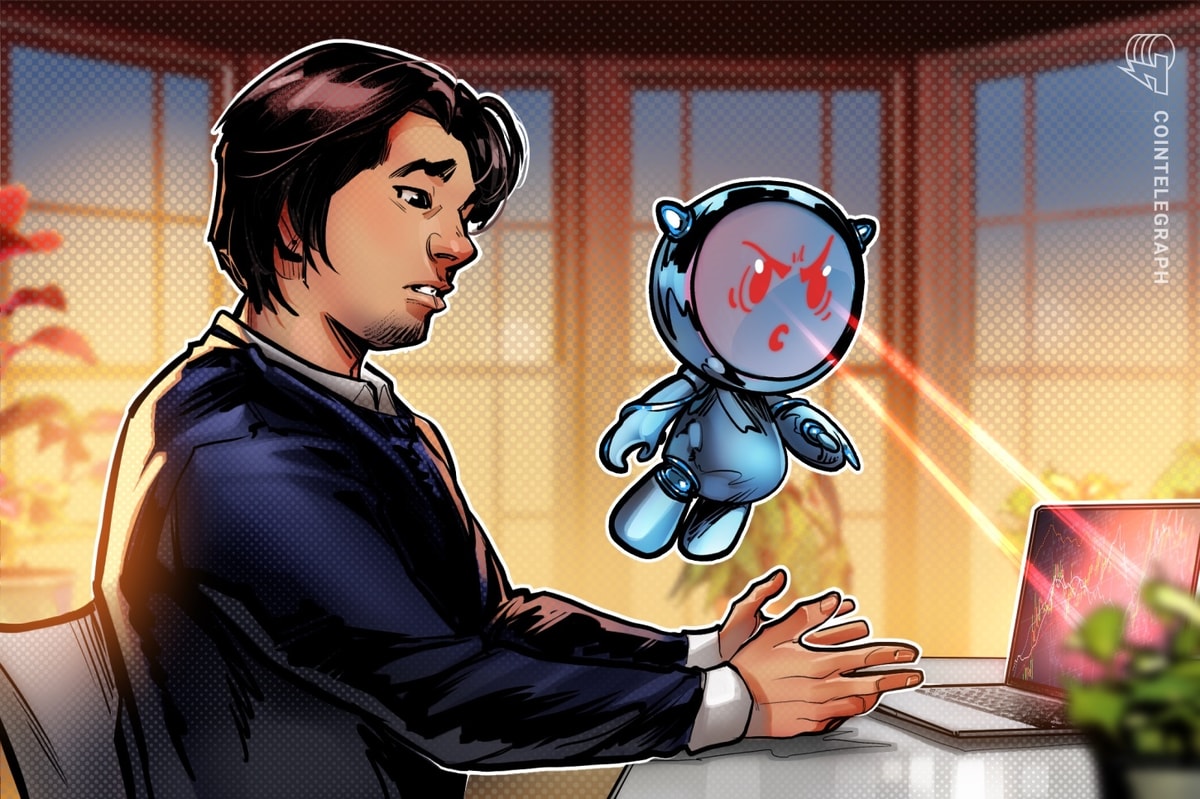Block.one, the company that developed the backend of the EOS network, is now taking a much more active role in it. Its stake of EOS tokens, previously left unused, will be used to vote for block producers (BP), according to an April 8 announcement.
The EOS network runs on EOSIO, a blockchain technology stack that Block.one also sells as an enterprise solution. The public network uses a form of distributed Proof-of-Stake consensus (dPoS), where blocks are created by entities voted by all stakeholders.
Block.one also holds a stake of EOS tokens, calling itself a “silent minority token holder.” The EOS rich list highlights an account named “b1” as the single largest token holder in the network, albeit with just 9.5% of the tokens.
Starting from May, Block.one will reportedly begin voting for block producers in two phases. Initially, it will vote for those BPs it recognizes as key contributors to the network, without taking part in voting reward schemes.
At an unspecified later phase, it will put its tokens to work by collecting part of the staking rewards, which it says will be devoted to improving the network through research and funding of EOS initiatives.
It is worth noting that the b1 account already committed more than 90 million EOS to staking out of its total of about 96 million EOS. While this appears to be a way for Block.one to create a vesting schedule and lock access to its stake, it is unclear how many of the tokens on its account will be used for voting. Cointelegraph reached out to Block.one for further clarification, but did not immediately receive a response.
Taking a far more active role in EOS
This is just the latest in a series of Block.one’s openings to the EOS network. Up until the announcement, Block.one took careful measures to distance itself from it — focusing its narrative on EOSIO development.
This was most likely motivated by its wish to not be prosecuted by the Securities and Exchange Commission for its $4 billion initial coin offering (ICO) — which it could have been considered an illegal security offering.
As previously reported by Cointelegraph, this careful approach began to change after Block,one settled matters with the SEC in September 2019 for $24 million — what many considered a measly sum.
Since March 19, Block.one began collaborating with Dfuse, a project launched by block producer EOSCanada. Around the same time, on March 25, it also announced to have hired the entire team behind EOS New York, another prominent block producer that would then shut down. The move was referred to Cointelegraph as an “acqui-hire” by some commentators in the EOS ecosystem.
Block.one’s decision to vote appears to have been taken positively by the community, with one commentator believing that it would counteract the effects of exchanges that vote with its customers’ funds.
Nevertheless, the consequences of this decision are likely to be far-reaching, and other community members on Reddit argue that it could also bring negative consequences.










